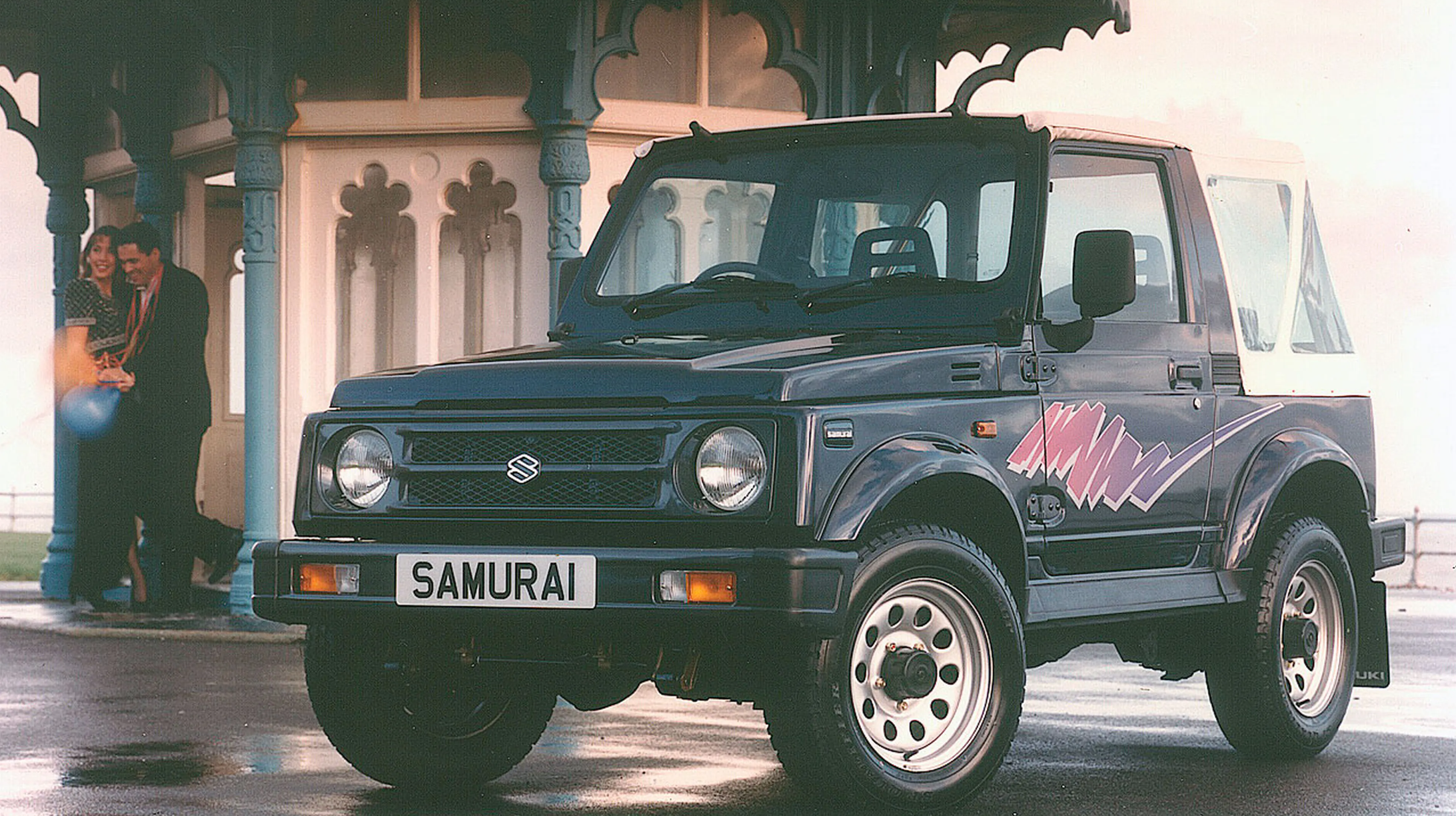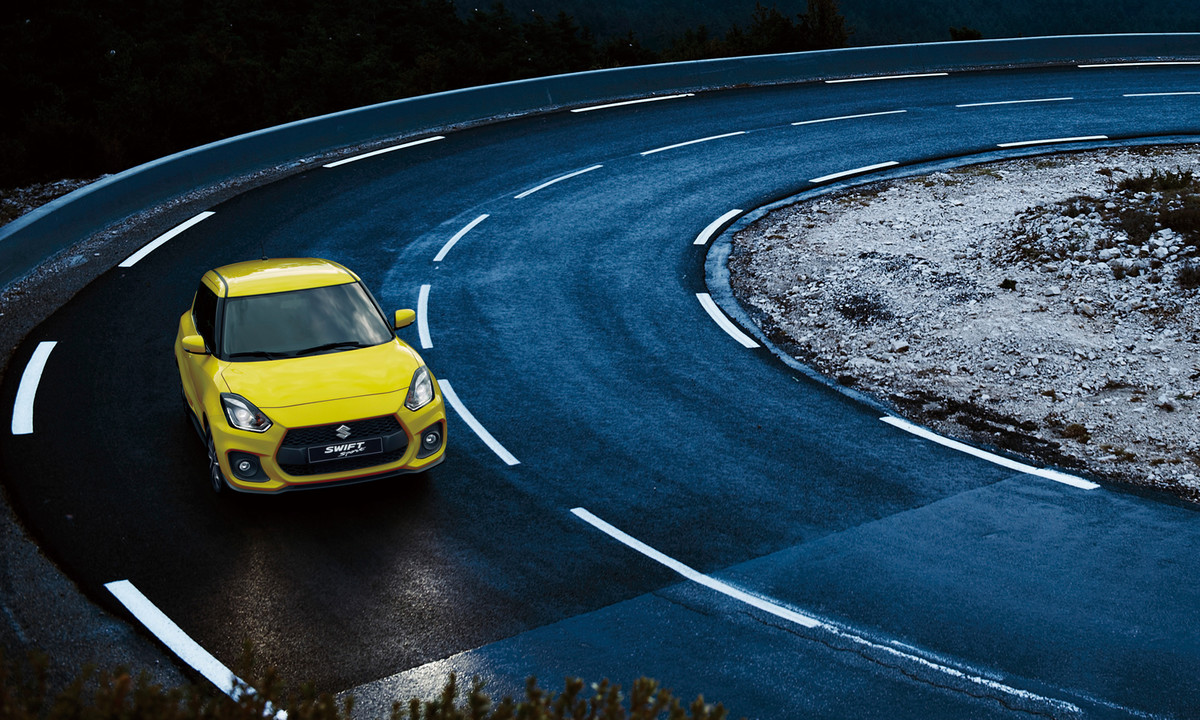Suzuki
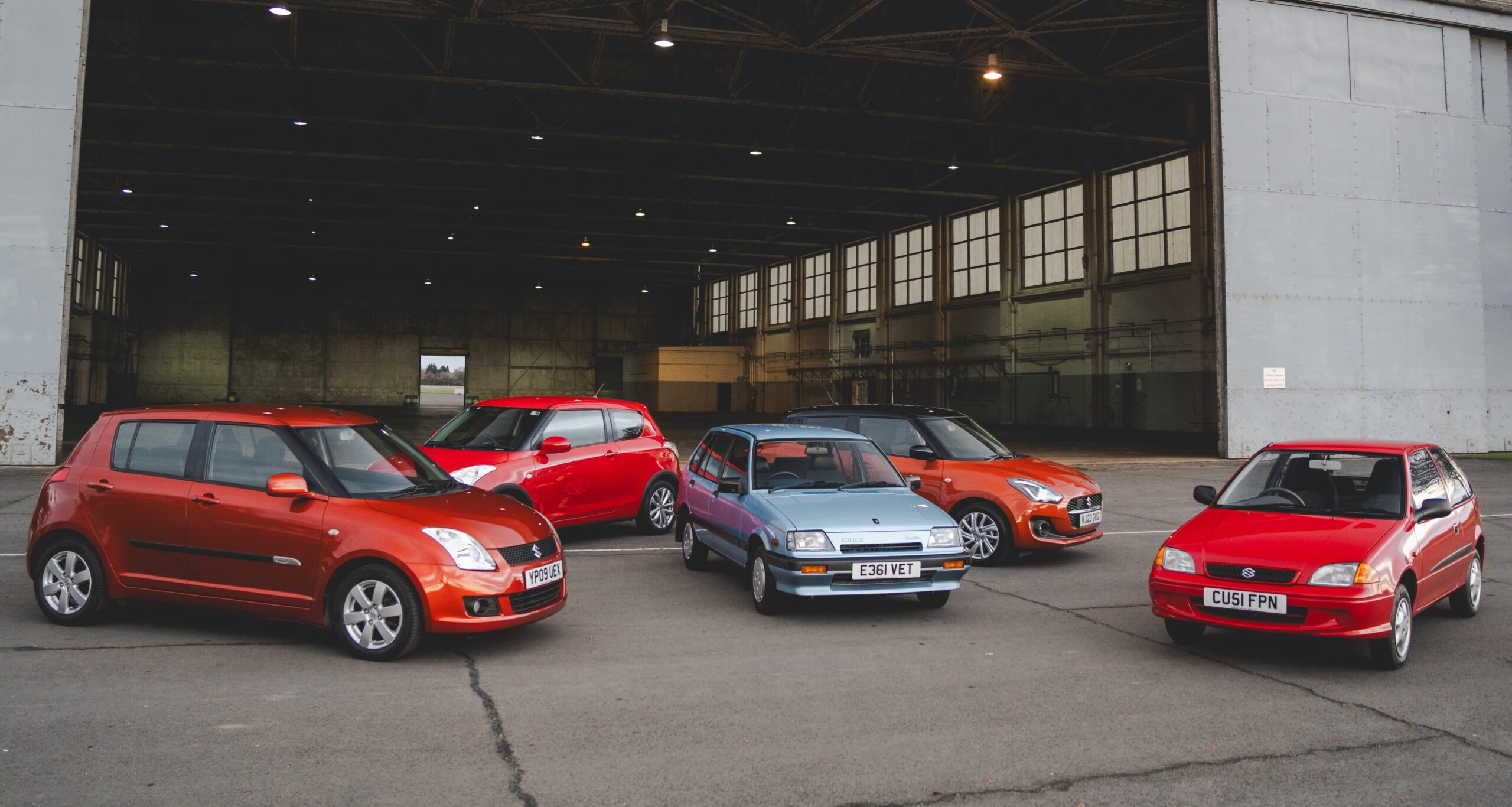

Suzuki
Founded
1909
Founders
Michio Suzuki
Country
Japan
Headquarters
Hamamatsu, Shizuoka


Suzuki
Founded
1909
Founders
Michio Suzuki
Country
Japan
Headquarters
Hamamatsu, Shizuoka
About this brand
Discover the history
Suzuki, a Japanese automotive brand with a legacy dating back to the early 20th century, has established itself as a global force in the automotive industry. The company’s origins can be traced to 1909 when Michio Suzuki founded Suzuki Loom Works to manufacture weaving looms. Suzuki’s transition to the automotive sector occurred in the aftermath of World War II, driven by the vision of providing affordable and efficient transportation for the masses.
In 1952, Suzuki introduced its first motorized product, the Power Free, a bicycle equipped with a small engine. This marked the beginning of Suzuki’s venture into the world of motorized vehicles. In 1955, the company unveiled its first complete motorcycle, the Suzuki Colleda, which set the stage for Suzuki’s prominence in the two-wheeler market.
The 1960s witnessed Suzuki’s expansion into the four-wheeler segment. The Suzuki Fronte, a compact and economical car, debuted in 1962, catering to the growing demand for small cars in the Japanese market. This was followed by the launch of the Suzuki Carry, a versatile light-duty truck that found success both in Japan and internationally.
Suzuki’s dedication to innovation and performance became evident in the 1970s with the introduction of the Suzuki LJ Series, a line of compact 4×4 vehicles. These models laid the foundation for Suzuki’s reputation in off-road capabilities and durability.
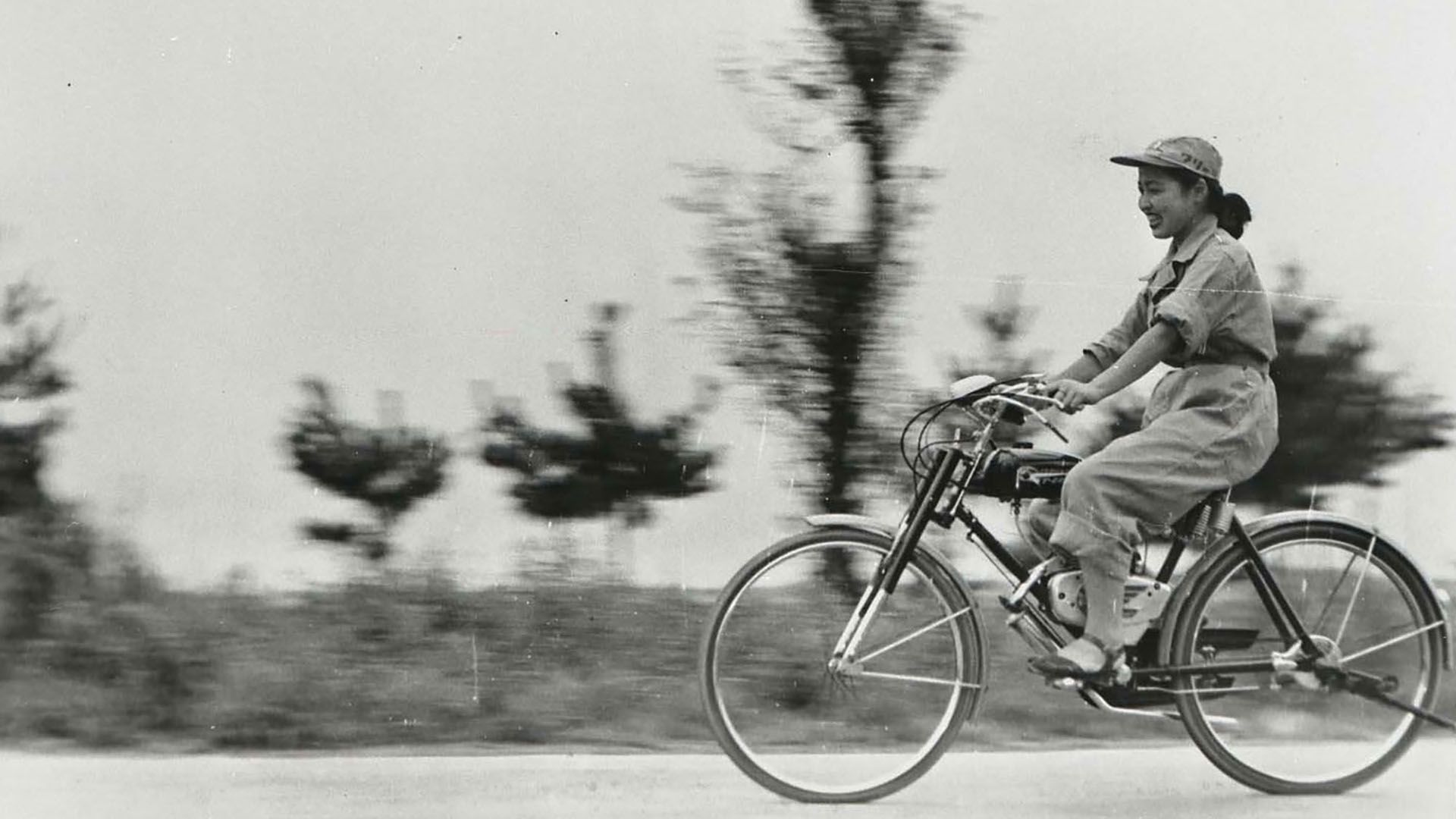
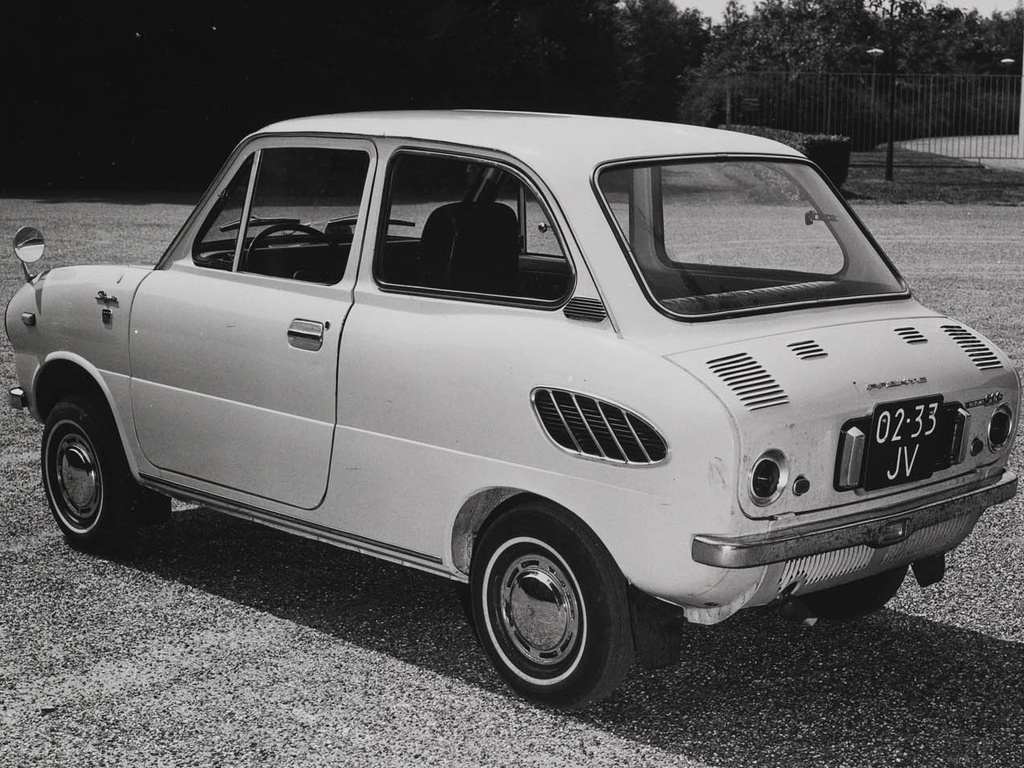
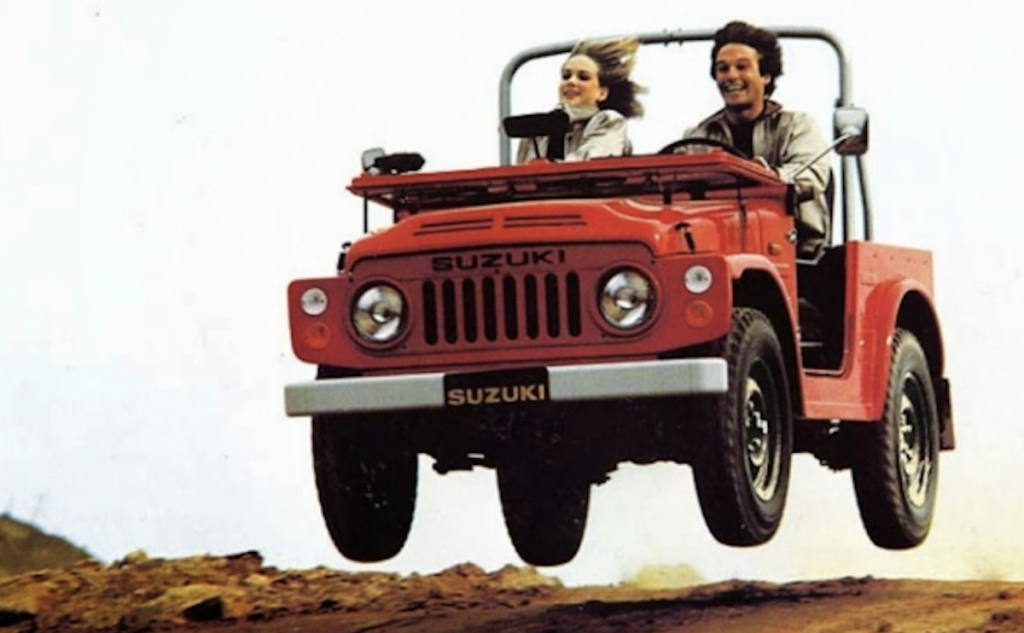
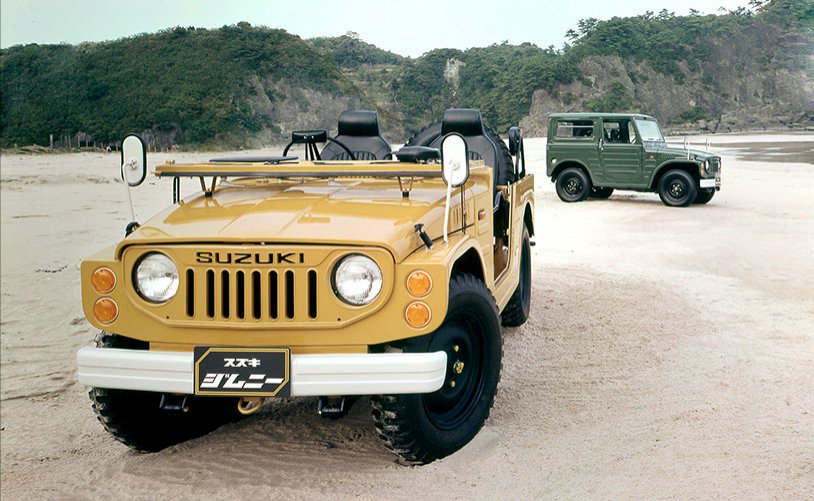
Motorsport has played a significant role in Suzuki’s brand narrative. The Suzuki Jimny, a compact and rugged off-roader, gained recognition in off-road competitions, showcasing Suzuki’s commitment to building capable and reliable vehicles for adventure seekers. The Suzuki Escudo, also known as the Vitara or Sidekick, achieved considerable success in the grueling Paris-Dakar Rally during the 1990s.
The 1980s and 1990s saw Suzuki expand its automotive lineup, with models like the Suzuki Swift and the Suzuki Samurai gaining popularity in various markets. The Suzuki Swift, in particular, became a global success, known for its compact design and fuel efficiency.
In the 21st century, Suzuki continued to adapt to changing automotive trends. The Suzuki Grand Vitara and the Suzuki SX4 reflected the brand’s commitment to producing versatile and stylish vehicles. The Suzuki Swift Sport, introduced in 2005, added a sporty dimension to the Swift lineup.
Suzuki’s participation in motorsport continued to evolve. The Suzuki SX4 WRC competed in the World Rally Championship, demonstrating Suzuki’s ambition in the competitive world of rally racing.
Electric mobility became a focus for Suzuki in recent years. The Suzuki Solio and the Suzuki Hustler, both hybrid models, showcased Suzuki’s commitment to environmental sustainability.
